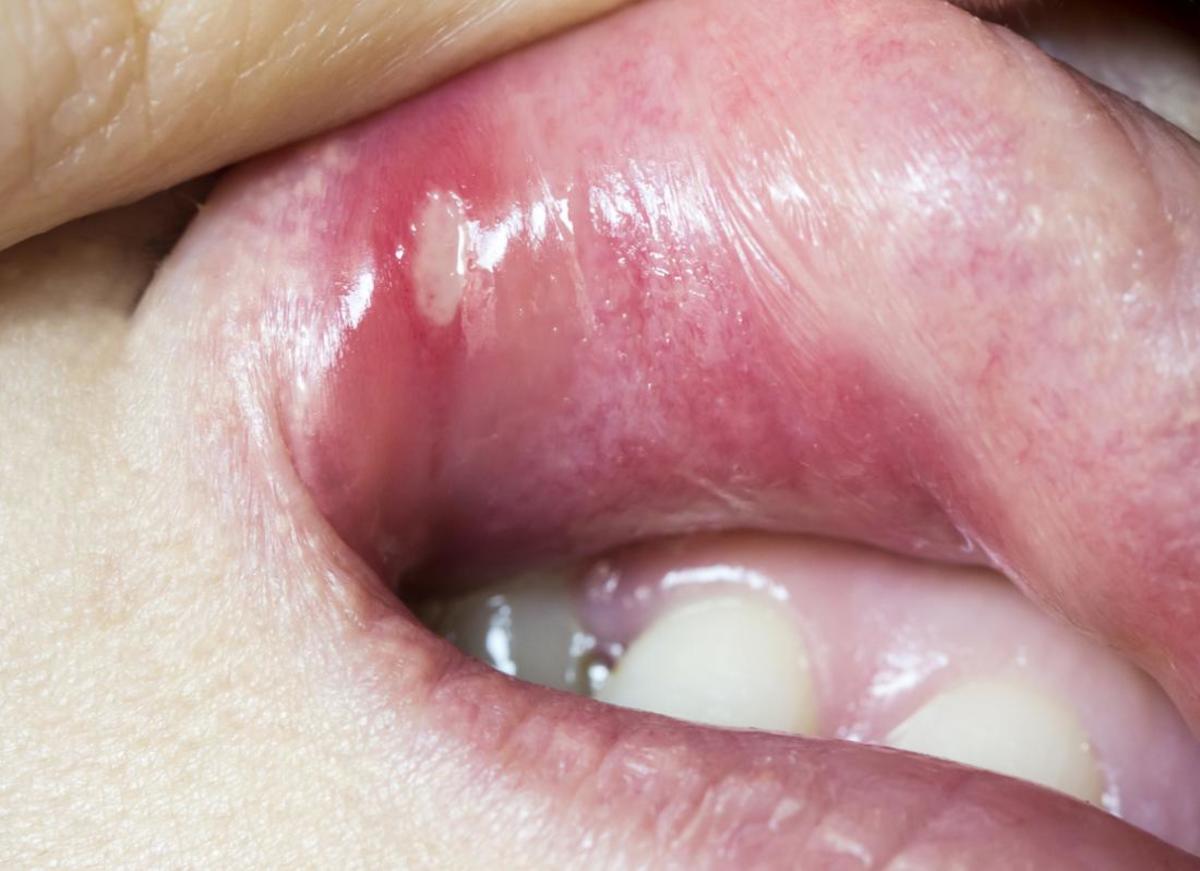How to Protect Yourself from the Flu and the Cold Associated with Exam Stress


The flu and the common cold are two of the most common illnesses that people usually contracted during the milder to colder time of the year. Although both usually last for a short period,(if cared for the right way), the symptoms can be very nagging.
Colds and Flu season typically starts in October and lasts into mid March. However, owing to the fact that we tend to spend more time indoors, and as a result, are exposed to higher concentrations of airborne viruses, we are more likely to contract flu and colds during the winter. Based on findings, those at highest risk include the following:
- People over age 65
- Children younger than 2 years
- Women more than 3 months pregnant during the flu season
- Anyone living in a long-term care facility
- Anyone with an already compromised immune system
- In community settings such as schools or workplace
In a community setting for example, the flu virus easily spreads, students or workers may become ill within 2 or 3 weeks of the flu's arrival in a school or workplace. A number of studies suggest that stress increases one's susceptibility to a cold, and that once a person catches a cold or flu, stress can make symptoms even worse.
Because stress is known to increases one’s susceptibility to a cold or flu, it’s safe to say that exam stress during the flu season can suppress students’ immune functioning making them more susceptible to the colds and flu.
How Exam Stress Increases the Probability of Students Getting the Flu and colds
The field of psychoneuroimmunology is making interesting discoveries about the effects of stress on our immune systems. Although the mechanisms involved are still not clear, based on recent research, stressful events have shown to depress our normal immune functioning and thus make us more vulnerable to infectious diseases.
Events such as bereavement and prolonged sleep deprivation were some of life’s stressful situations initially used by researchers to measured the effects of major sources of stress. However, more recently, investigators have found that even relatively minor stressors, like exams, can cause declines in immune functioning.
In one study, samples of blood were taken from a group of first-year medical students a month prior to their examinations, and again, on the last day of their exam period. When these blood samples were carefully analyzed, it was noted that there was a significant decline in “Killer” cells that help to protect the body against disease microbes.
The fact that (A statistical method was used to filter out possible effects of other variables, such as poor nutrition, lack of sleep, and caffeine intake), this meant that these students’ ability to resist infection was somewhat compromised simply because of exam stress.
According to the researchers, the medical students in this experiment were comparatively healthy, symptom-free and all had a lot of experience in taking examination. Thus, this decline in immune functioning during exam week --- certainly a rather stressful period, but one for which students could prepare and had been through before --- suggests that our immune systems are quite sensitive even to commonplace, predictable sources of stress.
Yoga and Meditation Relieve Stress

How to Deal With Exam Stress
The investigators also sought to determine whether an anti-stress intervention, in the form of relaxation training might moderate the effects of stress. One group of subjects was given ten sessions of instruction in various relaxation techniques. They were encouraged to practice these techniques on their own as well as during each supervised practice session.
At the end of these sessions, the researchers discovered that subjects who received this training had a significantly smaller decline in immune functioning than those who did not. Thus, it appears that relaxation seems to help reduce stress.
Conclusion
Based on this positive outcome of relaxation training, it appears as if any activity that moderates the effects of stress seems to help the immune system continue functioning normally. Thus, students who want to get through exam week --- or any other stressful period --- in good health, might want to schedule breaks for exercise, meditation, or going out with friends. It is also important that they pay attention to their daily diet( healthy breakfast, lunch, dinner, enough vitamin C) and try to get enough sleep.
W. McFarlane 10/2012








